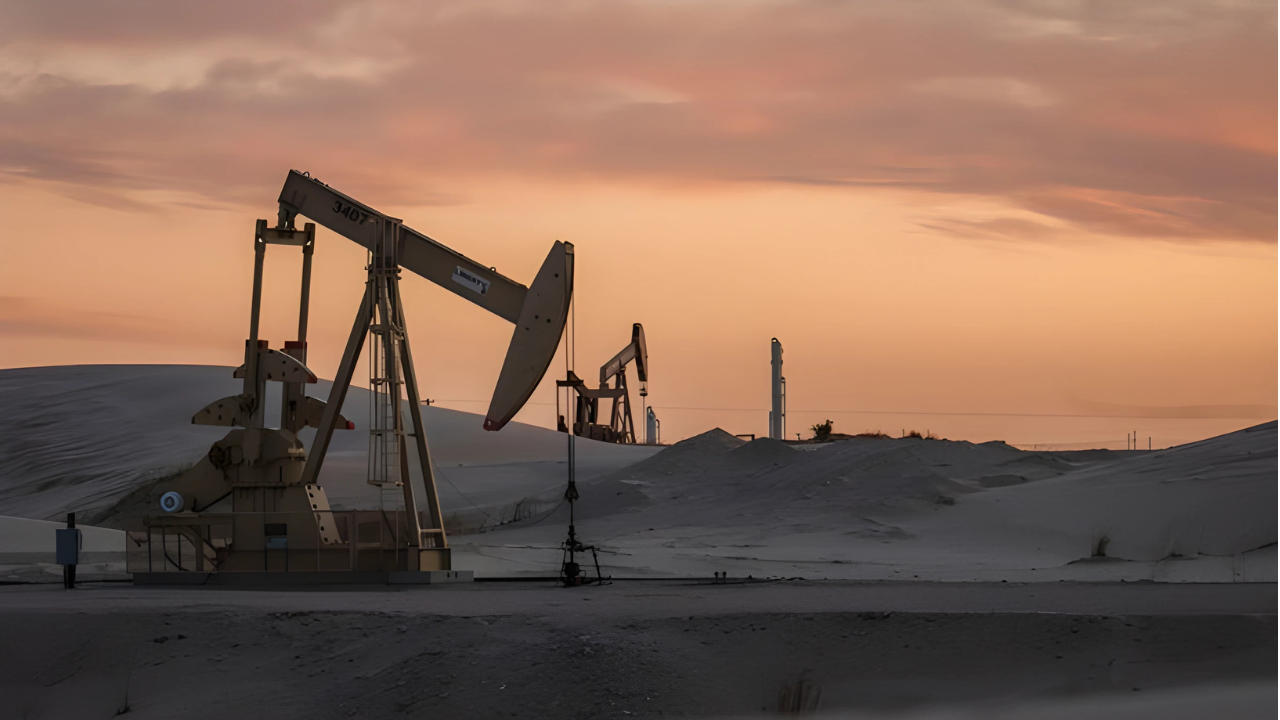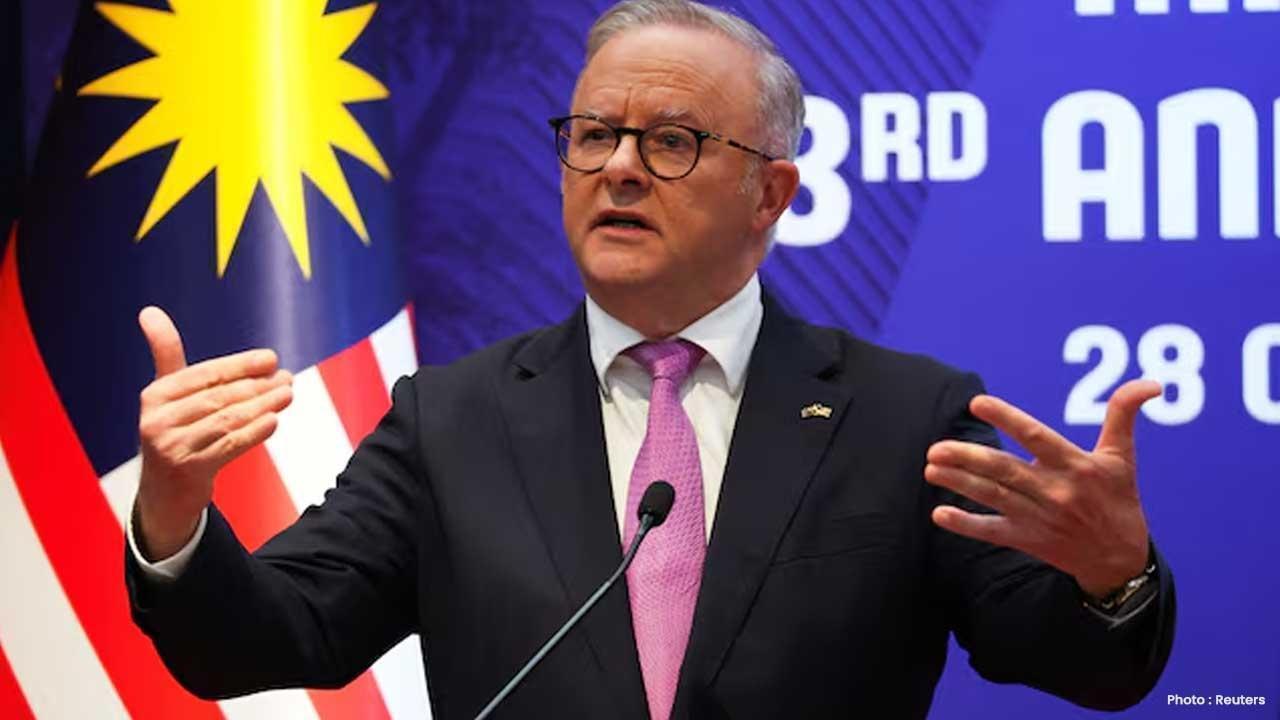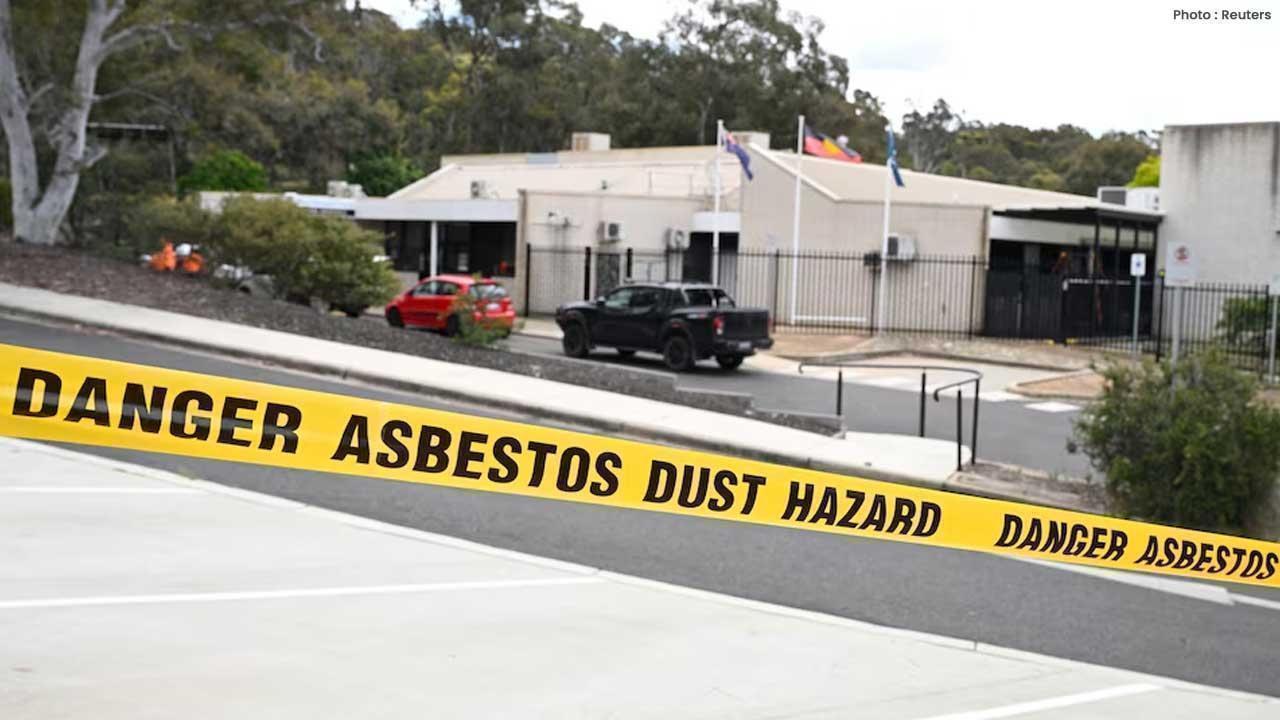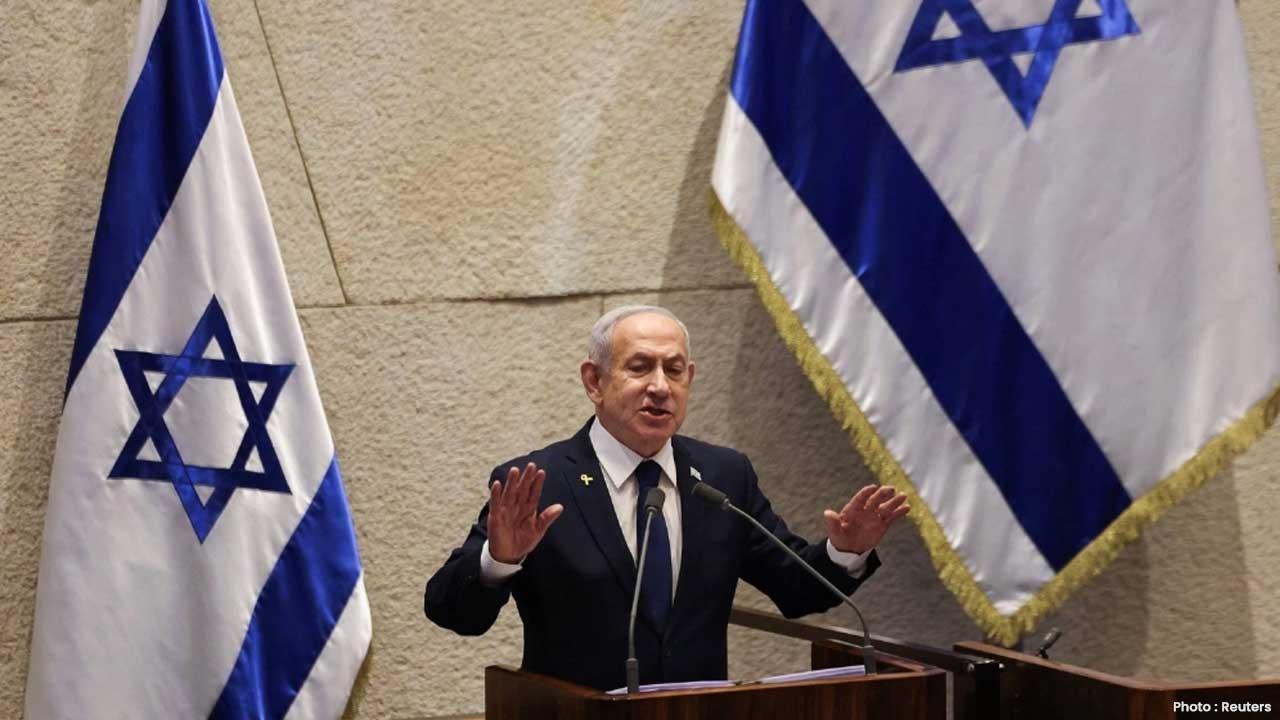
Post by : Naveen Mittal
The world’s oil and gas fields are losing production faster than before, according to a new report from the International Energy Agency (IEA). The report warns that decline rates—the speed at which existing oil and gas fields reduce their output—have become the “elephant in the room” for the global energy industry.
The findings suggest that while demand for energy continues, most investment in oil and gas is no longer being used to increase supply but rather to keep up with natural declines at old fields. This trend poses serious questions about energy security, future prices, and how the world balances fossil fuels with the shift toward clean energy.
Oil and gas fields do not last forever. After reaching their peak, production naturally falls each year. This is known as the decline rate. Companies can slow the decline with technology, drilling, or maintenance, but eventually, output falls no matter what.
The IEA’s new analysis, based on data from around 15,000 oil and gas fields worldwide, shows that decline rates are increasing faster than expected.
Average global annual decline rate: 5.6% for conventional oil after peak production.
For natural gas: 6.8% decline rate for conventional fields.
About 80% of the world’s oil and 90% of natural gas production now come from fields that have already passed their peak.
The report also notes that if there were no new investments in oil and gas projects, global oil supply would shrink by 5.5 million barrels per day every year. That’s nearly the same as the total production of Brazil and Norway combined.
For natural gas, the annual decline has reached 270 billion cubic metres, compared with 180 bcm just a decade ago.
Fatih Birol, the IEA’s executive director, explained that nearly 90% of annual upstream oil and gas investment is now used to replace lost production from old fields, not to meet growing demand.
This means that if companies slow investment, the world could quickly face shortages of oil and gas. At the same time, governments and climate advocates are urging a shift away from fossil fuels to renewable energy.
This creates a dilemma: Should the world keep investing heavily in oil and gas to maintain supply, or reduce investments to cut emissions and fight climate change?
The IEA has been criticized in recent years for its stronger focus on clean energy. About four years ago, the agency published a major study saying the world should stop investing in new oil, gas, and coal projects if it wanted to meet international climate targets.
This angered the U.S. government under President Donald Trump, who accused the IEA of discouraging fossil fuel development. Supporters of clean energy, on the other hand, praised the shift as necessary for tackling climate change.
Now, with the new report, the IEA is highlighting the other side of the issue: the risk that if fossil fuel investments stop too quickly, the world could face energy shortages before renewable energy is ready to fill the gap.
Back in 2010, decline rates were not as steep. At that time, the world was losing just under 4 million barrels per day from old oil fields each year. Today, that number has jumped to 5.5 million barrels per day.
This shows that many of the largest and most productive oil and gas fields, especially in regions like the Middle East, North Sea, and Latin America, are aging rapidly.
Energy security means ensuring reliable and affordable access to energy. If oil and gas supply falls too fast, it could cause price spikes, shortages, and economic disruptions worldwide.
At the same time, the rise of renewable energy—such as wind, solar, and hydropower—offers hope for reducing dependence on fossil fuels. But the global economy still relies heavily on oil and gas, especially for transportation, manufacturing, and heating.
This balance between old and new energy sources is one of the biggest challenges facing governments, energy companies, and consumers today.
Experts say the world must carefully manage the transition from fossil fuels to renewable energy. Stopping investment in oil and gas too suddenly could destabilize economies, while investing too much risks locking the world into higher carbon emissions.
The IEA’s report reminds leaders that oil and gas decline rates are a hidden but powerful force shaping the future. To secure stable energy while protecting the planet, countries may need to:
Continue some investment in oil and gas to avoid supply shortages.
Rapidly expand renewable energy projects.
Improve efficiency and reduce waste in energy use.
Invest in cleaner technologies such as carbon capture.
The IEA’s warning on accelerating oil and gas decline rates shows how complex the world’s energy future has become. Existing oil and gas fields are producing less each year, and most of today’s investments only serve to replace what is lost, not create new supply.
The challenge is balancing the need for stable, affordable energy with the urgent push to reduce emissions and fight climate change. How governments and companies respond will determine not just energy markets, but also the planet’s future.










Josh Naylor Returns to Seattle Mariners with New Five-Year Deal
Josh Naylor signs a five-year contract to return to the Mariners, aiming to leverage his performance

Siya Kolisi Scores Big in Rugby and Enjoys ATP Finals Festivities
Siya Kolisi leads South Africa to victory and relishes in lively ATP Finals at Turin, showcasing his

Australia's Young Talent Shines in England Warm-Up Match Selection
Australia names Sam Konstas in the PM XI for an important warm-up against England, highlighting his

Sinner Triumphs Over Alcaraz in Turin Finale
Jannik Sinner clinches the season-ending title in Turin, defeating Carlos Alcaraz in a fiercely cont

Red Wings Triumph Over Rangers with Raymond’s Late Goal
The Detroit Red Wings secured a 2-1 win against the Rangers, highlighted by Lucas Raymond's late thi

Minnesota Wild Secures OT Victory Over Vegas with Boldy and Kaprizov
The Minnesota Wild triumphed 3-2 in overtime against the Vegas Golden Knights, thanks to a vital pla